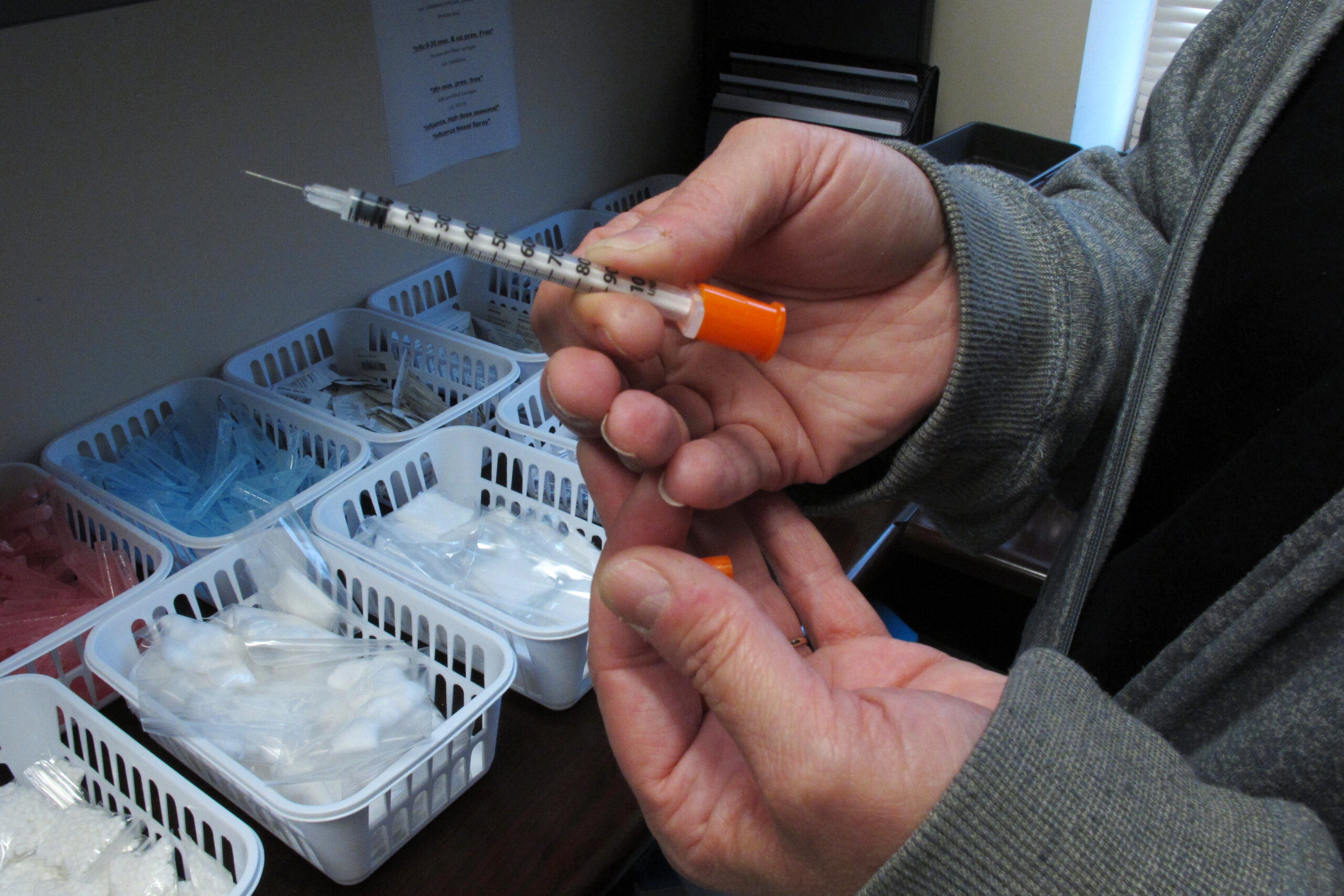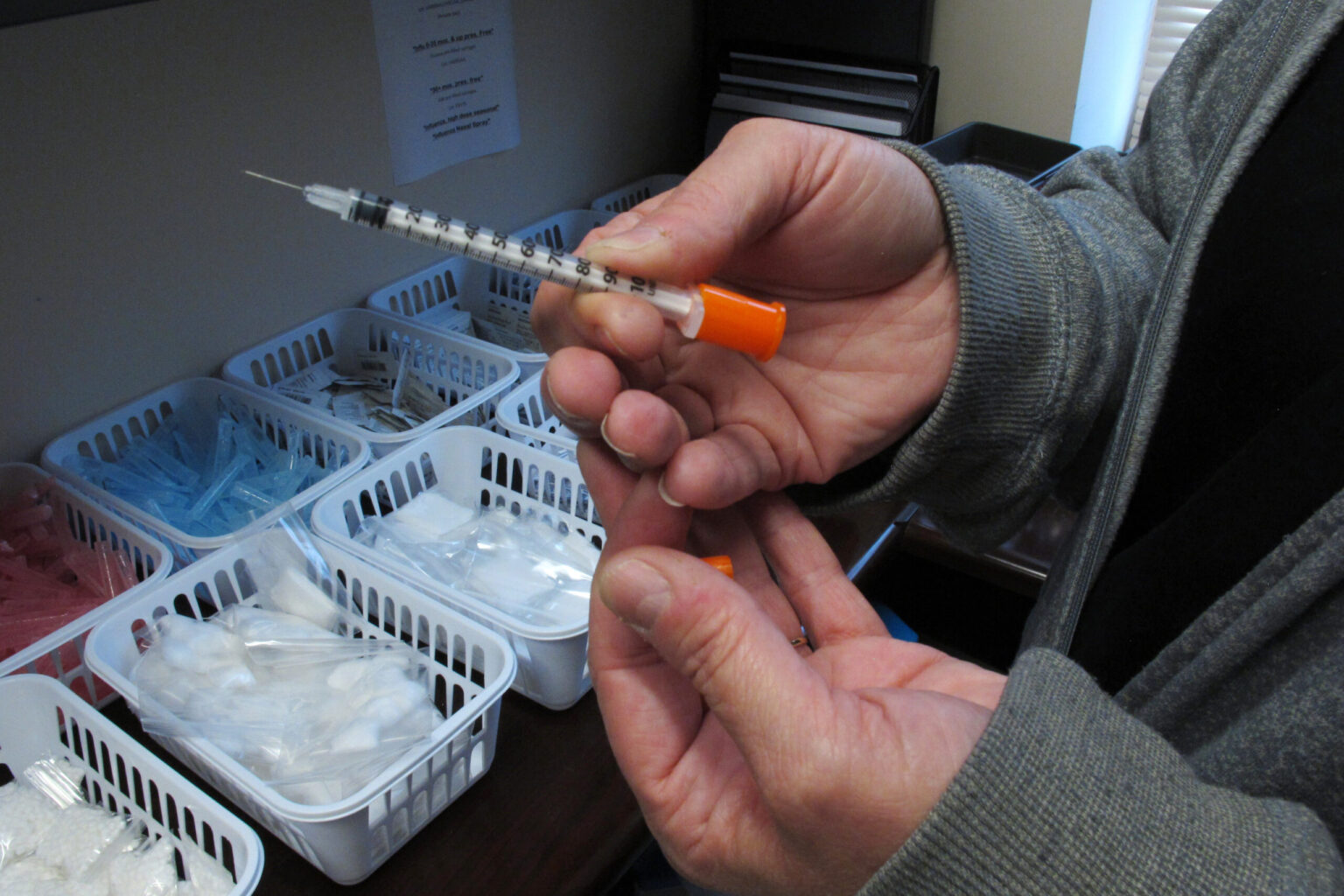
The rate of new HIV cases tied to drug use in Tennessee is surging — doubling over the past few years. Experts say that makes safe syringe programs more important than ever.
The latest data from the Centers for Disease Control and Prevention from 2022 shows that 14% of new cases were among people who inject drugs. In 2018, that number was just 6%.
There are several factors playing into that growth, says Dr. Aima Ahonkai, an infectious disease specialist who focuses on HIV and health equity. Substance use disorder — particularly opioid use disorder — continues to be a problem in Tennessee. She says the pandemic made services harder to access while taking a toll on the country’s mental health.
“I think it was kind of a perfect storm in that sense,” she said.
There might also have been a bump in new case numbers in 2022, since it was harder to get into a health care facility during pandemic restrictions in 2020 and 2021.
But there’s also an infrastructure problem.
“Making sure we have harm reduction programs widely available for those that need them is really challenging,” she said. “And where we don’t have those services. You know, we see kind of the compounding effects of that.”
Safe syringe services were made legal in Tennessee in 2017. Nongovernmental organizations — like nonprofits — aren’t allowed to use public funds for the supplies. And county health departments have to use county tax dollars to pay for their supplies. Only about a dozen of Tennessee’s 95 counties have safe syringe programs.
Needle exchanges are recommended for preventing the spread of HIV and hepatitis. But Ahonkai says they protect people from other infectious diseases.
“Some estimates: 30-40% of people who inject drugs develop some kind of infections,” she said. “And that may be bacterial infections on the skin, or it may be bloodstream infections that affect the heart valve, but can be quite serious and can be quite expensive to take care of and can be quite deadly as well … If you have materials to make sure that the sites that you’re injecting in are clean, then we would be reducing the risk of all of these types of bloodborne infections.”
There’s some uncertainty around HIV prevention funding in the state. In 2023, Gov. Bill Lee announced Tennessee would no longer be accepting federal prevention funding. The General Assembly has backfilled that funding with state tax dollars so far. But because they have no mandate to do so, it’s unclear year to year whether the money will continue flowing. Local care providers say it’s already making staffing and planning more difficult.
It’s unclear what kind of federal support syringe programs will get under the new presidential administration. But Dr. Jerome Adams, who served as the U.S. Surgeon General during Donald Trump’s first term, has been a vocal supporter, and has urged red states to invest in them.




